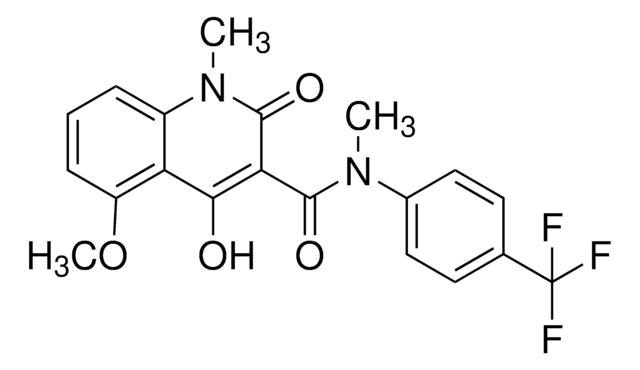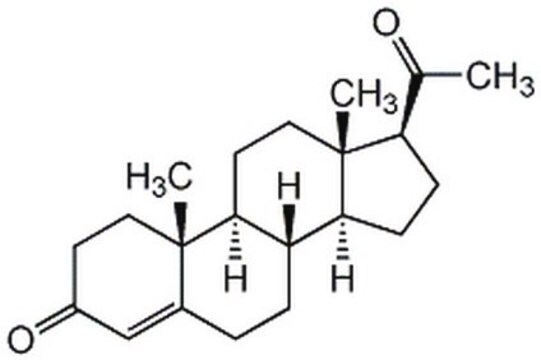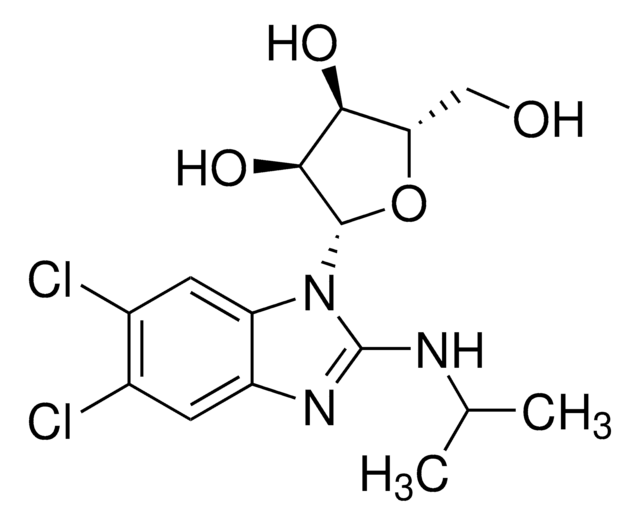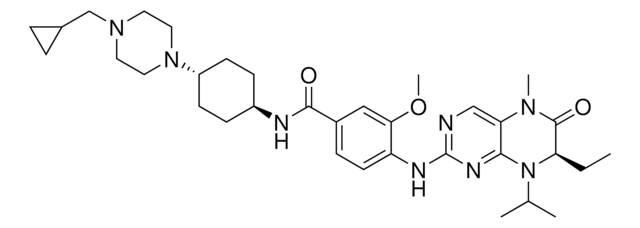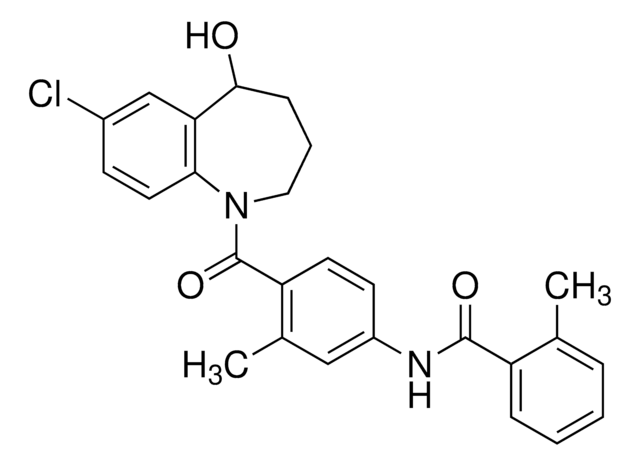Wichtige Dokumente
SML2883
Paquinimod
≥98% (HPLC), powder, immunomodulator
Synonym(e):
ABR 215757, ABR 25757, ABR-215757, ABR-25757, ABR215757, ABR25757, N,5-Diethyl-1,2-dihydro-4-hydroxy-1-methyl-2-oxo-N-phenyl-3-quinolinecarboxamide, N-Ethyl-N-phenyl-1,2-dihydro-5-ethyl-4-hydroxy-1-methyl-2-oxoquinoline-3-carboxamide, N-Ethyl-N-phenyl-5-ethyl-1,2-dihydro-4-hydroxy-1-methyl-2-oxoquinoline-3-carboxamide
About This Item
Empfohlene Produkte
Produktbezeichnung
Paquinimod, ≥98% (HPLC)
Qualitätsniveau
Assay
≥98% (HPLC)
Form
powder
Farbe
white to beige
Löslichkeit
DMSO: 2 mg/mL, clear
Lagertemp.
2-8°C
SMILES String
N1(c2c(c(ccc2)CC)C(=O)C(C1=O)C(=O)N(CC)c3ccccc3)C
InChI
1S/C21H22N2O3/c1-4-14-10-9-13-16-17(14)19(24)18(20(25)22(16)3)21(26)23(5-2)15-11-7-6-8-12-15/h6-13,18H,4-5H2,1-3H3
InChIKey
RBHDLRDFJPBLNO-UHFFFAOYSA-N
Biochem./physiol. Wirkung
Lagerklassenschlüssel
11 - Combustible Solids
WGK
WGK 3
Flammpunkt (°F)
Not applicable
Flammpunkt (°C)
Not applicable
Hier finden Sie alle aktuellen Versionen:
Analysenzertifikate (COA)
It looks like we've run into a problem, but you can still download Certificates of Analysis from our Dokumente section.
Wenn Sie Hilfe benötigen, wenden Sie sich bitte an Kundensupport
Besitzen Sie dieses Produkt bereits?
In der Dokumentenbibliothek finden Sie die Dokumentation zu den Produkten, die Sie kürzlich erworben haben.
Unser Team von Wissenschaftlern verfügt über Erfahrung in allen Forschungsbereichen einschließlich Life Science, Materialwissenschaften, chemischer Synthese, Chromatographie, Analytik und vielen mehr..
Setzen Sie sich mit dem technischen Dienst in Verbindung.
